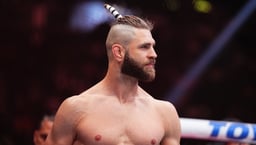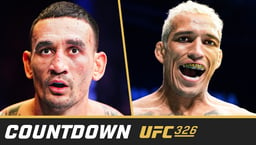
Issue 080
October 2011
The Ultimate Fighter series one winner Diego Sanchez tells FO why life in the spotlight carved him into the free-spirited fighter he is today
Diego Sanchez has never appeared to shy away from drawing attention to himself ever since we were introduced to him on the first season of The Ultimate Fighter in 2005. But although he’s quick with outlandish statements of confidence and periodically refers to himself in the third person, the first thing Sanchez reminisces about when looking back on that first season is the quality of the other fighters.
He is quick to praise the level of talent on offer when TUF debuted and all the things the cast has gone on to accomplish, from UFC acclaim to world championships. This isn’t the Diego Sanchez we hear when he’s promoting a fight. It’s an equally intense version, only quieter and quicker with a smile.
“I do look back after all these other seasons and it’s amazing to think about all the talent we had in that first house,” he says. And while they were all gifted going in, Sanchez believes the arduous training the fighters were put through by their coaches, Randy Couture and Chuck Liddell, is why so many of the original cast have become successful in the years that have followed. “They put us through the grinder. It was the most vigorous training I’d ever done,” Sanchez reveals.
“The UFC wanted to show MMA as a real sport where the training was grueling because The Contender [a boxing competition reality show] was on at the same time. So they had us doing two-a-days for 12 weeks. It was devastating. Now, the show is filmed for just five or six weeks. I remember some days where I couldn’t walk down the stairs in the house because my legs were so sore and because I had so many blisters on my feet. It was crazy.
“We were pushed to the limit. By the time Koscheck and I fought we were so over trained that we had given up on dieting, we were all sick from our immune systems being worn down. It was the hardest thing I had ever done. I think that is a big reason why guys from that show became so good. The experience made us all tougher and better.”
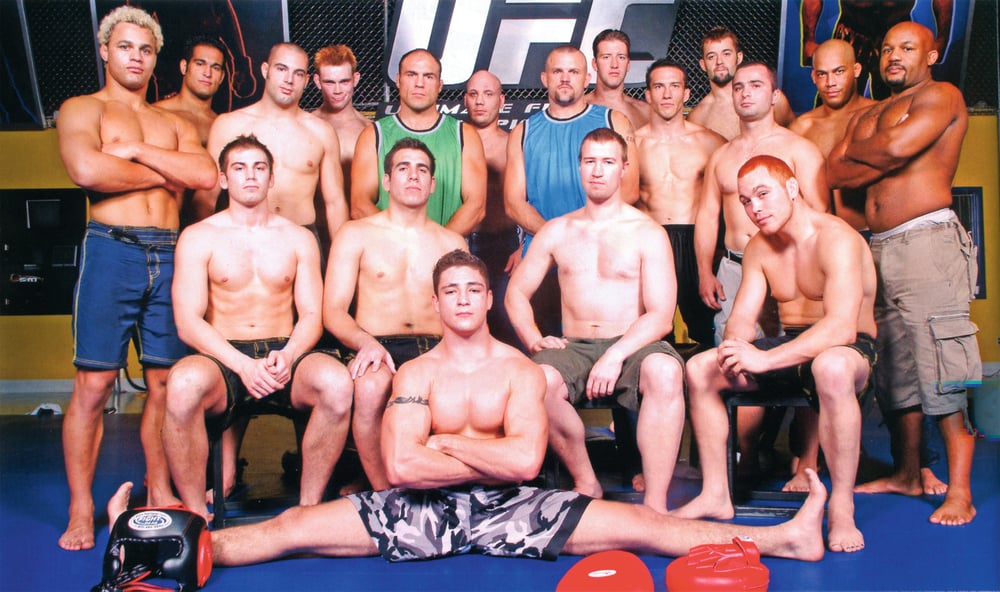
The amount of training, fighting and level of isolation that has now become familiar to viewers of the 14 seasons of TUF came as a total surprise to Sanchez and his cast mates. Almost more difficult than the training were the bans the fighters were shocked to learn they’d have to endure: no contact with the outside world, no television, radio, Internet, and so on. “We didn’t know anything. We had no clue,” Sanchez says. “As soon as we got there, they scavenged through our bags and took anything they didn’t want us to have. We were isolated from the world. It did suck living in the house.”
Despite this, Sanchez insists his focus was not shaken. “I was just thinking that I was going to win this show, that it was my time, and then I was going to fight for and win the UFC championship,” he says with a laugh. “I was ready for it all. Even fighting in front of big crowds.”
Perhaps a benefit of Sanchez and the other fighters being relatively ignorant of what TUF would hold for them was the ability to maintain blind faith and confidence in themselves. He says though he appreciated the magnitude of the opportunity TUF offered him, he didn’t feel pressure, just certainty that he’d win and immediately go on to greatness. “I had zero doubt that I was going to win,” Sanchez remembers.
“I knew I was ready for the shot. I would have eventually gotten my shot to fight in the UFC because I was an undefeated welterweight, but doing the show was basically a way to get more fans. I knew I would win the show and I was confident the next fight they would give me was a title shot against Matt Hughes, and I was sure I’d win that [laughs].
“That’s what I figured. There were guys that came in from other leagues and promotions that were undefeated that got title shots soon into their time in the UFC, like Sean Sherk and Frank Trigg.”
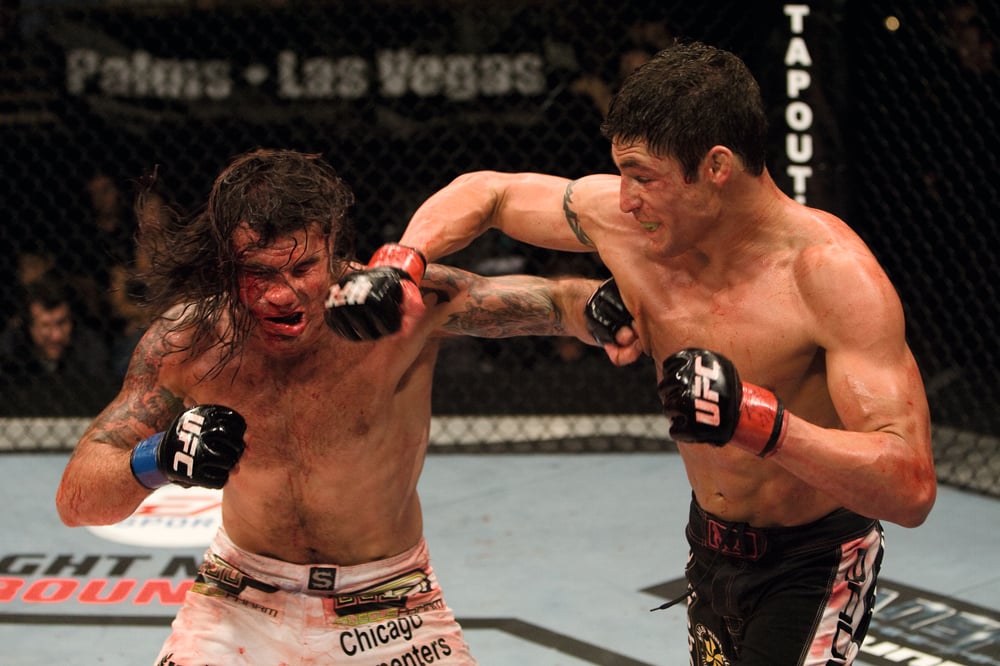
While Sanchez was ready for the competition, he wasn’t prepared to deal with the notoriety that came from being a national television staple. “All of the guys who did well got a little cocky for a while there. We didn’t know any better. We did feel like rock stars and most of us were so young. Some of the guys that were a little older probably handled it a bit better, but it was a crazy time and easy to get carried away with yourself with all the attention,” he admits.
Sanchez was initially humbled by the fame and spending cash, but as he got more accustomed to it, he says he made mistakes and lost some perspective.
“I remember being in Vegas for the first time after the show aired and person after person stopped me for pictures. It blew my mind how many people watched the show. And it blew my mind that I was getting paid,” Sanchez recalls. “I had grown up in poverty and then to overnight be recognized by people and have some cash, it was breathtaking, surreal and I was grateful. I left the show and I had $15,000 and I thought I was rich (laughs). I thought I was a millionaire.”
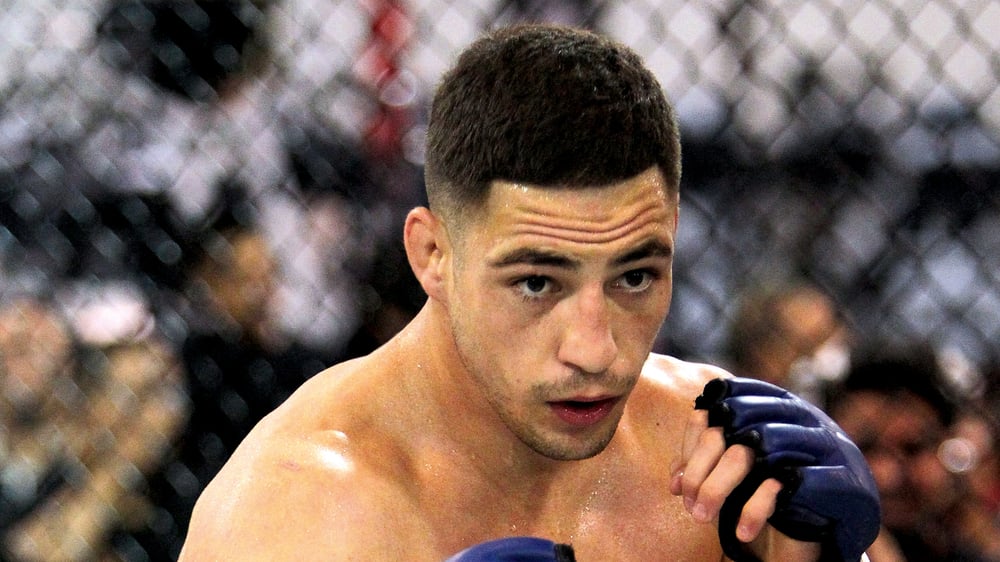
Was it hard for the young fighter to manage the newfound income? “It wasn’t hard to spend,” he chuckles. “The truth is that I’m still learning [how to]. I grew up in a trailer; this was the most money I had ever had. I’m just now figuring out how to manage these things. And now I have a smart wife who is good with business and she helps with those things.”
Back in 2005 Sanchez was known as ‘The Nightmare,’ but now he’s given himself a different nickname, ‘The Dream,’ in order, he says, to convey a more positive vibe. In that upbeat mood it is difficult for him to choose his biggest high since TUF.
“My first knockout,” he says, at first. “No. Well, I’ve had so many highs. My favorite fight of all time thus far is the Paulo Thiago fight but that was just because of the crowd. I’ve never heard fans roar louder than that. It felt like we were competing back in the gladiator days.”
As ‘The Dream’ shares more favorite moments, it’s clear he’s enjoying the ride and having fun these days. But as positive as he can be, he’s still the competitive animal that has rarely lost and expected to become an undefeated world champion five years ago. And so when asked what his career low has been thus far, Sanchez is unequivocal.
“That first loss,” he says, referring to his 2007 decision loss to TUF 1 rival Josh Koscheck. “To lose to a guy I had beat before. I wasn’t my best in that fight, being sick with staph infection. Just it being my first loss,” he pauses. “It broke my heart.”
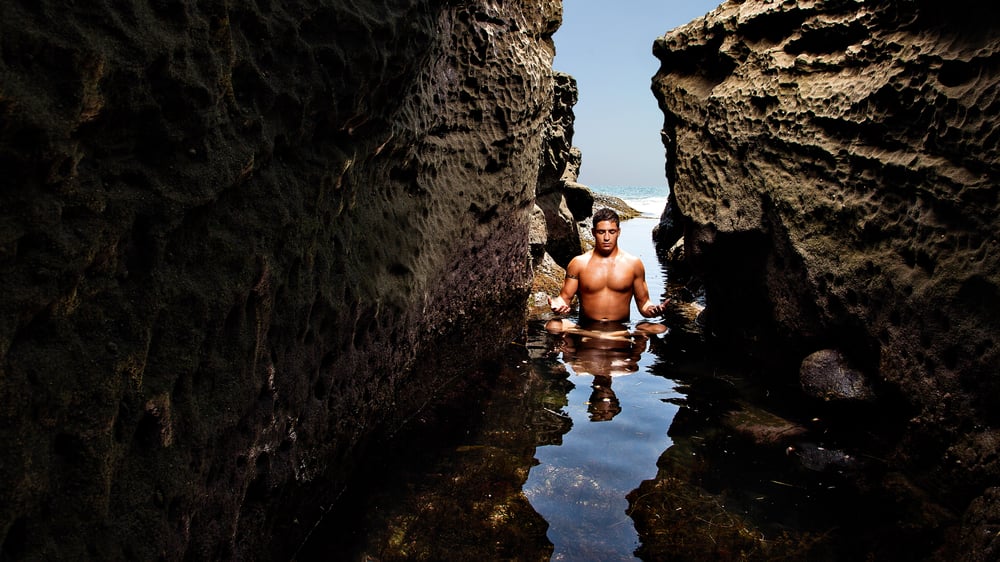
Sanchez says he is still driven to be a champion but that even more than that, he wants to spread his spirituality to the world. “I’m driven everyday to be a champion but also to show people what kinds of changes you can make in your life if you start to make the right decisions.
“Being a fighter is my job but my life’s passion is to spread the word of Jesus Christ. He is why I’ve been able to change my life for the better. I want to spend my life in ministry and spreading his word.”
And though being a professional fighter and missionary of sorts might seem to be antithetical to one another, Sanchez says he just believes in the profound ability of everyday moments to make an impression. “Everything you do, every day, is an opportunity to glorify God,” he says. “God puts people in my path and the way I talk with them, the way I deal with them, are opportunities to show them God’s character.”
Still, his religion and his career are intertwined. “I want to share my story, my testimony with people. And it’s not all glory,” Sanchez adds. “I went down a dark road and made decisions after TUF. I got carried away with myself and I paid for it. One day I will write a book detailing all of those mistakes but I’m not writing that book until the final chapter of my career is written.”
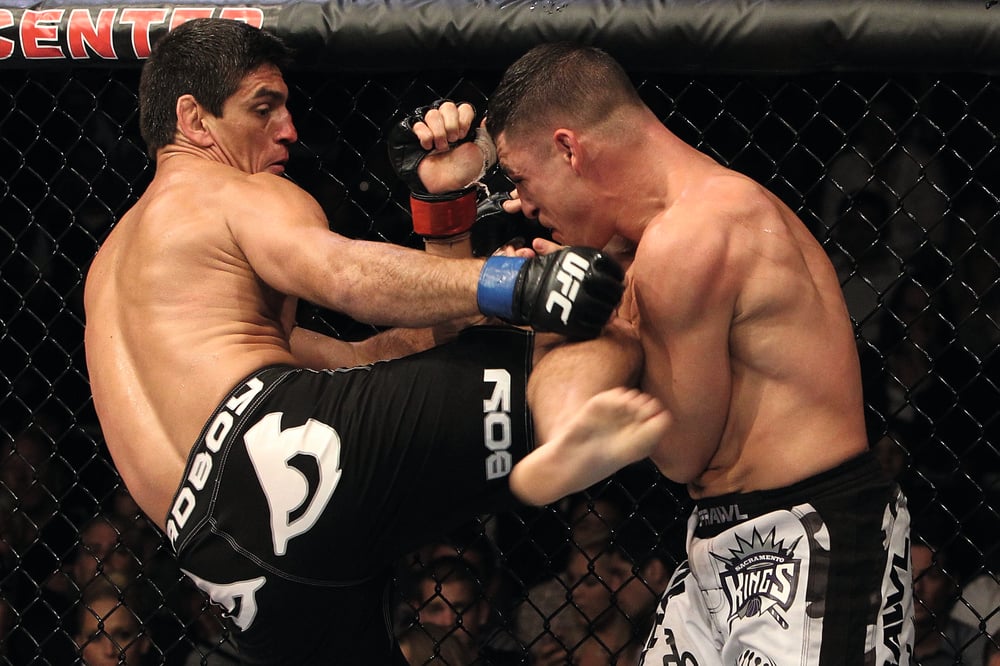
FAVORITE FIGHT
“My favorite fight of all time thus far is the Paulo Thiago fight but that was just because of the crowd. I’ve never heard fans roar louder than that. It felt like we were competing back in the gladiator days.”


